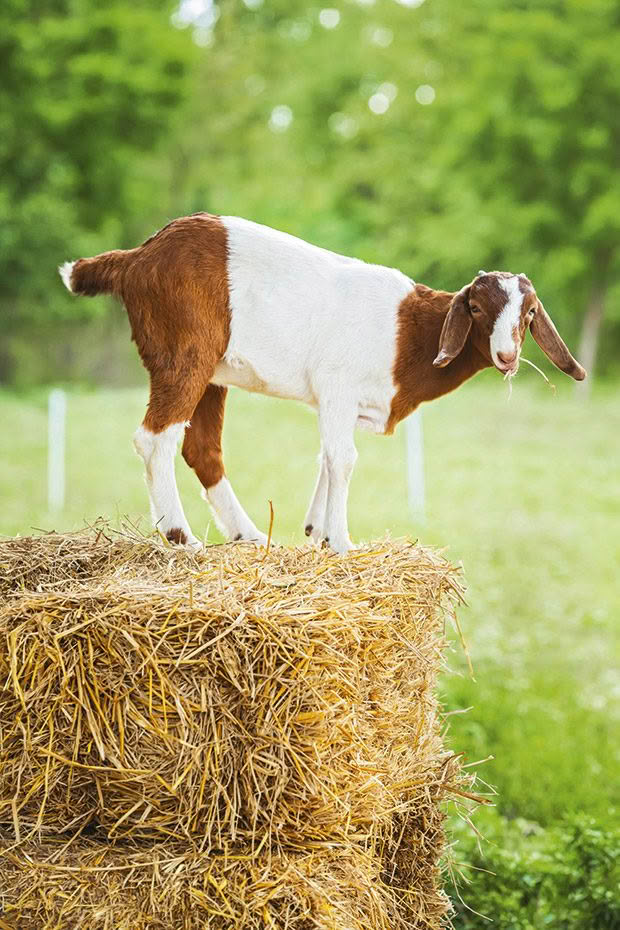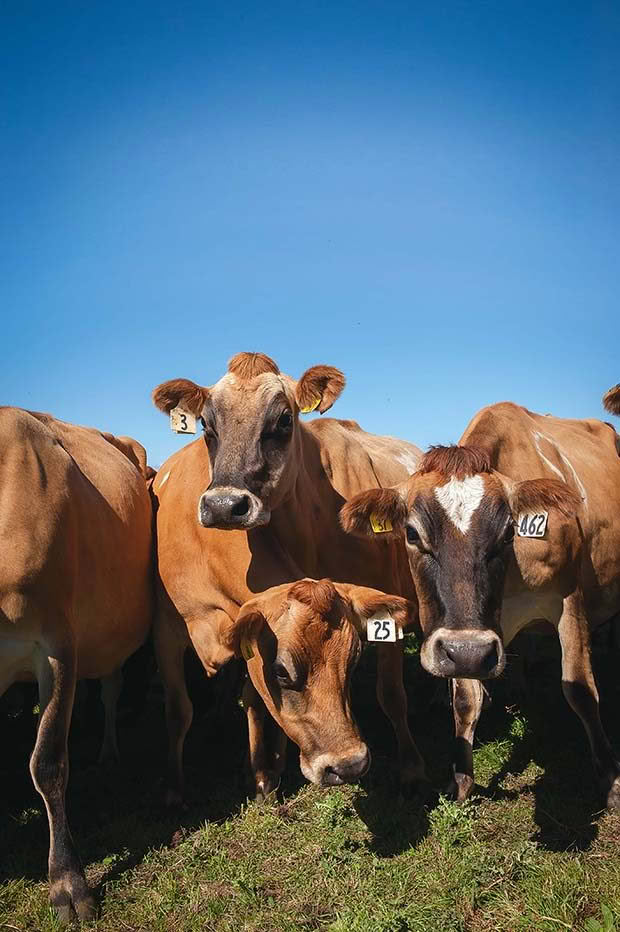10 tasks on the farm to keep livestock healthy through autumn: Watch for nitrate poisoning, keep an eye out for parasites

Late summer showers can bring on a host of problems to keep in check.
Words: Nadene Hall
1. Parasite levels will be building in most species, so keep a close eye on them, especially if weather is humid and/or wet.
2. Check the colour of mucous membranes of random sheep and goats each day. The inside of the eyelid and the gums should be a salmon-pink. If they are pale pink, white or turning blue, it’s a sign of anaemia, an indication of a heavy worm burden. Other symptoms in goats can include bottlejaw (a swelling of fluid under the jawline), and scouring. Talk to your vet to ensure the drench targets Barbers pole, a particularly deadly parasite in warm, humid conditions.
3. Drench is most effective when you can draw up a dose based on an animal’s correct weight. Ideally, you need livestock scales, or you can get an estimate using a weight tape measure (which you can buy at rural supply stores or vet clinics). Your vet or vet tech may have scales they can bring on-site, or check if a neighbour has a set. For small livestock, you can hold them, step onto your bathroom scales, then deduct your weight. Make sure scales are sitting on a level, sturdy surface like a sheet of wood.
4. A vet can do a drench effectiveness test 10 days after drenching. If the drench is effective, no worm eggs are present. If there are, it can be a sign that drench resistance is present. Talk to your vet about strategies if this is the case.
5. Do daily checks on sheep for any sign of flyblown skin.
6. If your area had a dry summer and feed is short, it’s more economic to rest pasture and start feeding supplemental food now. This way, stock go into winter in good condition and you only need to maintain it. It is difficult, expensive, and uneconomic to get condition on livestock during winter.
7. Work out a winter feed budget. If you haven’t had the opportunity to make your own hay, baleage or silage, you need to start making enquiries now.
8. Rain in March will bring on a spurt of grass growth. Watch for nitrate poisoning if cattle, sheep or goats are gorging themselves on fresh green grass, especially if it’s newly sown. Symptoms occur very quickly, from 30 minutes to four hours after eating and include: rapid/difficult breathing, muscle tremors, staggering, lying down, sleepiness, bluish/chocolate brown mucous membranes. Call your vet immediately.
9. If you are going to put livestock onto fresh autumn grass, feed them up on hay or another type of forage first. Break feed it to them in small amounts throughout the day.
10. Monitor cattle very carefully for the first few hours on new grass. You can also test for nitrate build-up present in pasture – talk to your vet.
WHY BIOSECURITY ISN’T JUST FOR BIG FARMS

Biosecurity is at the top of the agenda for commercial farmers after the outbreak and nationwide spread of Mycoplasma bovis in 2018. It might seem this is something for the professionals, but basic biosecurity measures will save you money and heartache.
Most advice on biosecurity is also good farm management, even if your livestock are pets. Prevention is the first step.
• develop a farm animal health plan or calendar, including vaccination and drench programmes appropriate to your needs – get advice from your vet if you’re unsure
• when you buy stock, consider investing in those with proven disease resistance, where possible, eg buying a ram that is FE-resistant
• find out the common disease challenges in the livestock you are buying and ask for proof from the seller that they have tested clear. Highly contagious diseases can quickly infect your current livestock, devastating your herd or flock. Sheep: drench-resistant parasites, Johnes disease Goats: Johnes disease, caprine arthritis encephalitis (CAE) Cattle: bovine TB, bovine viral diarrhoea, Johnes disease
• regularly worm farm dogs and prevent the access of other dogs onto the property – dogs can spread disease to your stock.
Love this story? Subscribe now!
 This article first appeared in NZ Lifestyle Block Magazine.
This article first appeared in NZ Lifestyle Block Magazine.
